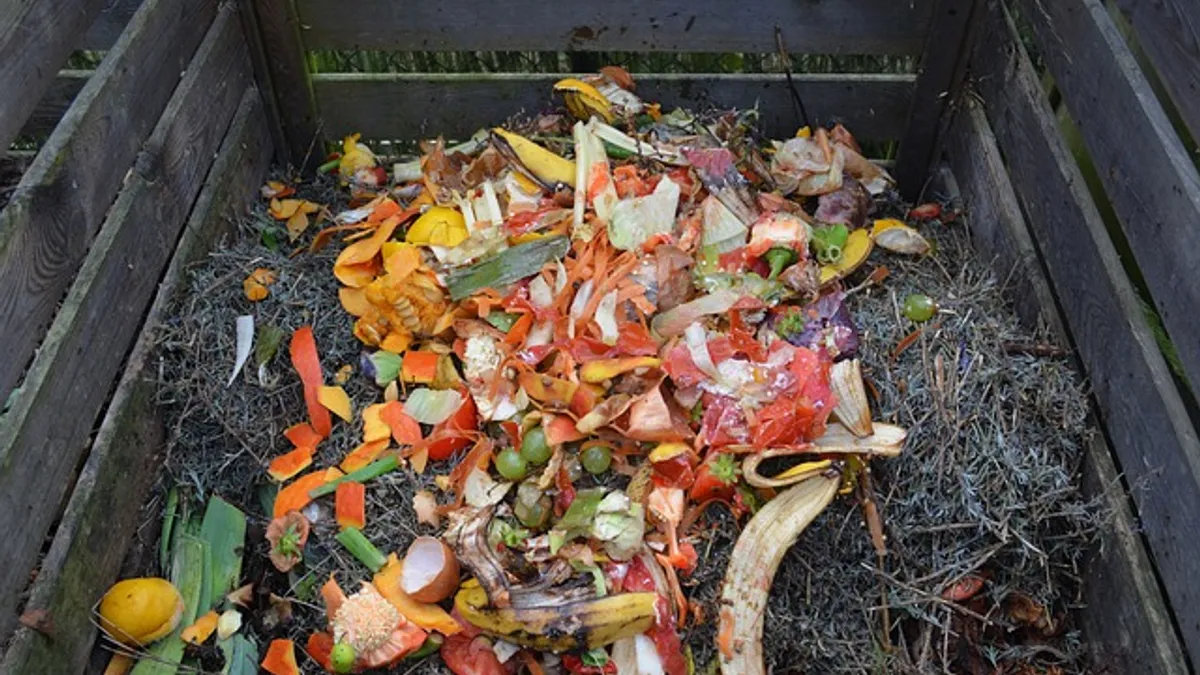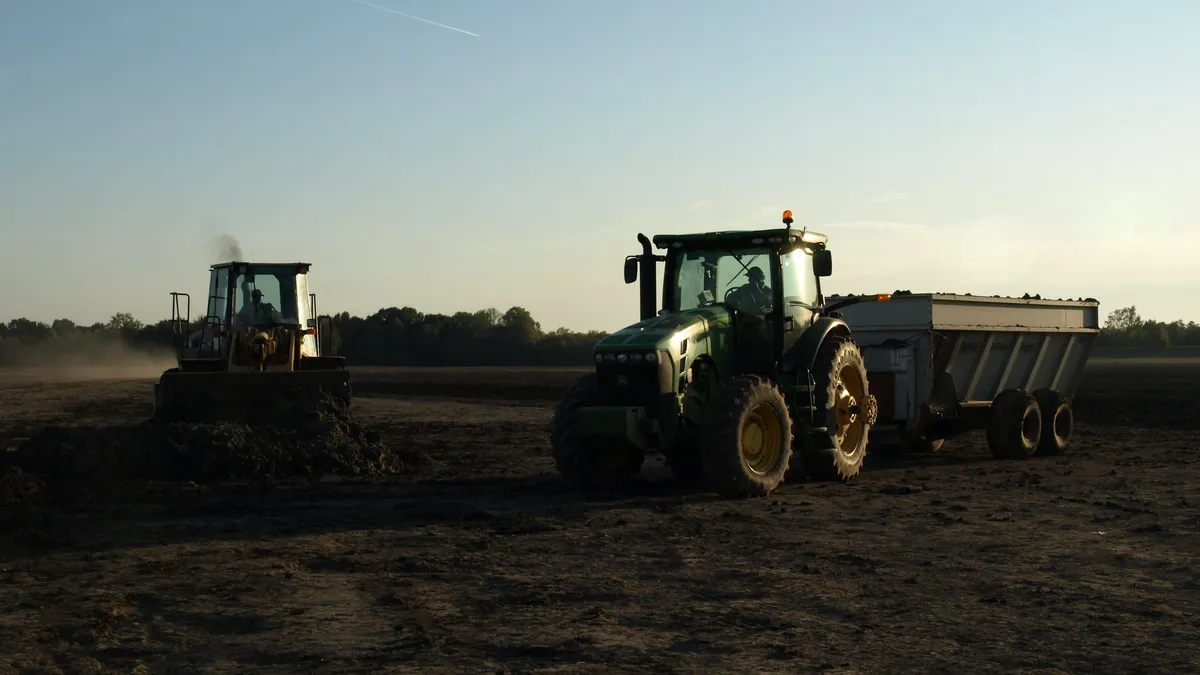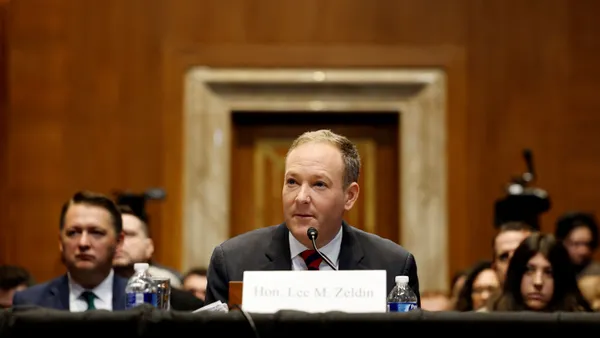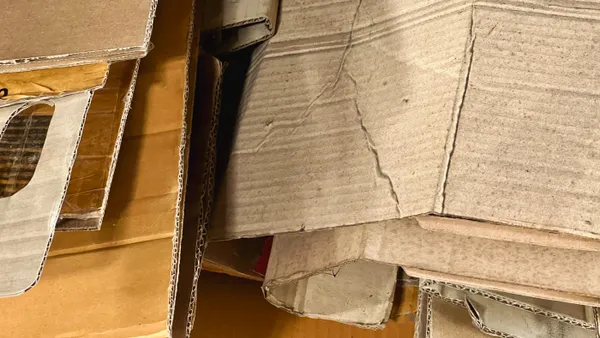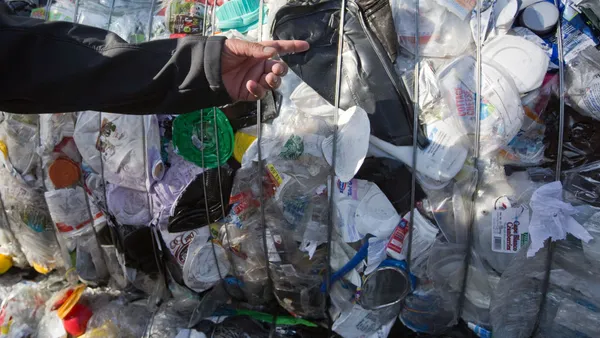Dive Brief:
- Maine Congresswoman Chellie Pingree introduced a new bill to help farmers, retailers, restaurants, and schools waste less food, while diverting high-quality food to food banks, and using non-edible scraps to produce energy or compost. Key provisions include tax deductions for farmers who donate to food banks and standardization on manufacturers’ "best by" date so consumers do not throw away food that is still good.
- Good Shepherd Food Bank President Kristen Miale, Hannaford Supermarkets Manager of Sustainability George Parmenter, and Agri-Cycle Energy General Manager Dan Bell all backed Pingree's bill.
- Pingree sad the biggest complication of the bill will be deciding a "mechanism" to ensure that food isn't disposed of while it is still edible.
Dive Insight:
Food waste has been a longstanding issue in the U.S.; 31% — or 133 billion pounds— of 430 billion pounds of available food at the retail and consumer levels went uneaten in 2010, according to the USDA. The volume of wasted food comes with environmental, economic, and social impacts.
"We have to put some sensibility into the system. Consumers hate throwing away food, but they don't know when they should and when they shouldn't," said Pingree, explaining for instance that sometimes manufacturers chose a given “best by” date to move more food off the shelves faster.
"We need to continue to find solutions to hunger on all fronts, and redirecting food waste is one of the most effective solutions to date," said Miale, adding that the food bank recently invested in a new 115,000 cubic foot warehouse that will help increase foods' shelf life.
SWANA CEO David Biderman said the trade organization looks forward to reviewing the bill.
“Reducing wasted food and, by extension, better addressing hunger in the United States and across North America, is exactly in line with the idea of rethinking industry practices to prevent waste and to use available materials as resources," he said.


